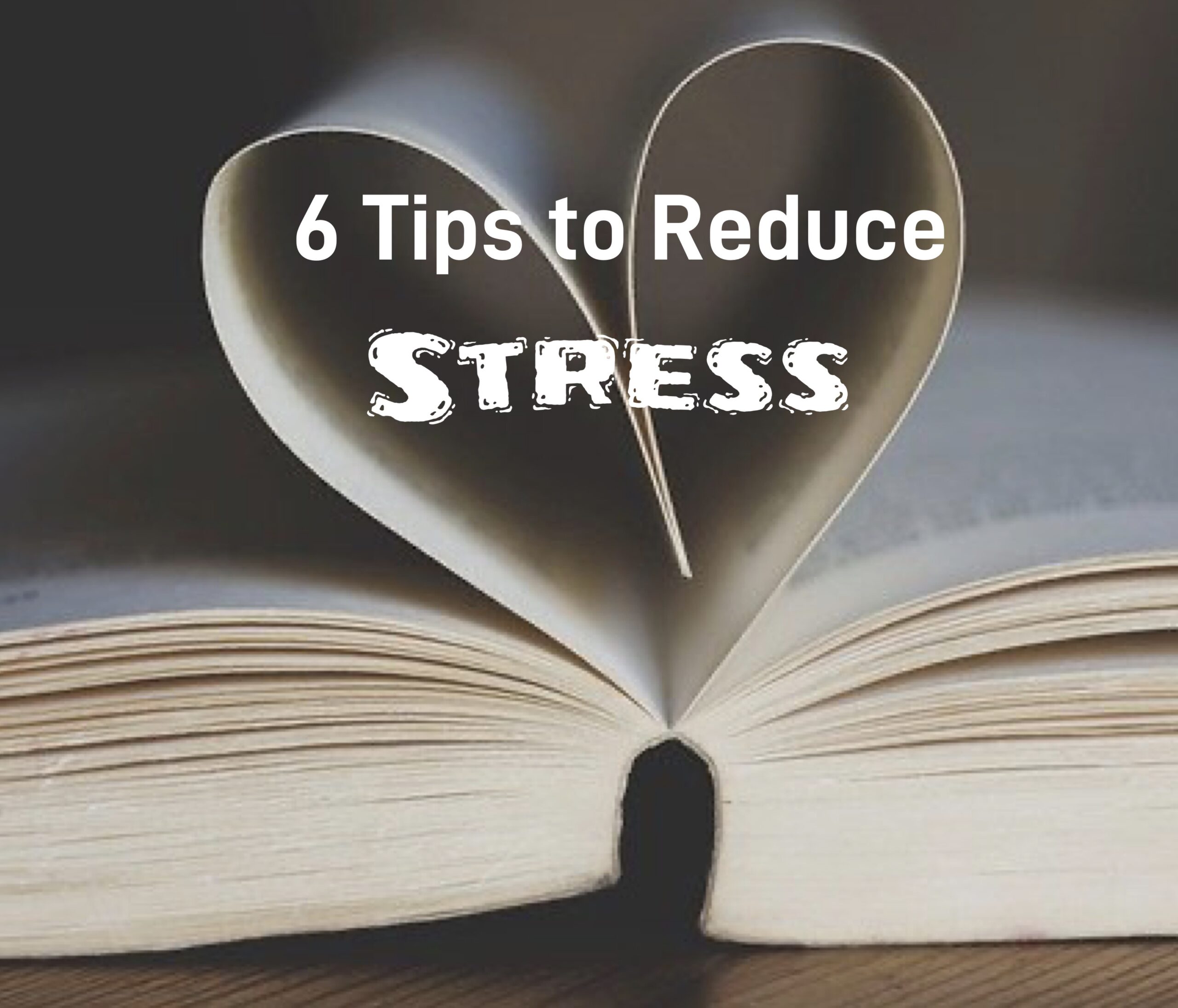
6 Tips to Reduce Stress
Stress is an issue that many of us experience, sometimes daily. Financial obligations, jobs, family responsibilities and the worry that there isn’t enough time in the day can cause us to feel stressed and overwhelmed. Over time, an overabundance of stress can take a toll on our mental health and physical well-being. To cope with the daily stresses, many look for activities to relax. Though this is healthy, for those that have had past substance use disorders, the desire to relieve stress can resurface old impulses. Luckily, there are many easy, healthy ways to reduce stress. Therefore feel more in control of our emotions, schedule and demands. Here are six tips to reduce stress.
Meditate
Spend a few minutes to meditate each day. Research suggests that meditation can alter your brain so that you are more resilient to stress. To meditate, just sit up straight with both feet on the floor. Then close your eyes and try to quiet your mind. Focus on positive thoughts or mantras. You can also use this time as quiet reflection. Meditation can either be done quietly or by reciting out loud.
Listen to Music
Music is linked to lower blood pressure, heart rate and anxiety. Soft classical music can help you focus your mind and relax. Or, if you’re looking to blow off some steam, you can rock out to your favorite rock songs, releasing stress by singing along and jamming out.
Exercise
When a person exercises it can quickly reduce stress. Not only does it release feel-good endorphins, but it can help ease depression and anxiety. All types of exercise can be good for your mental health, whether it be running the treadmill at the gym, going for a walk or dancing. Just get moving.
Keep a Journal
A stress journal can help discern what triggers feelings of stress and methods to deal with those stressors. Every time you feel stress, write it in your journal. Keep track of things like: what caused your stress, how you felt about it, how you acted and what you did to make yourself feel better. Over time with active use, you will begin to notice certain patterns and themes that will help you develop better coping mechanisms in the future.
Talk it out
Time spent with a friend can help to relieve stress. Face to face conversation will help to maintain that personal connection. As an added bonus, conversations with friends often lead to a couple of good laughs, which by themselves can be a good relief.
Do What You Love
In our culture, we tend to prioritize work and productivity while downplaying leisure activities and play. When a person simply does something just for fun that may not seem ‘productive’ is often perceived as trivial, frivolous or even lazy. However, free time is anything but trivial. In fact, having free time to enjoy leisure activities is crucial to our mental health and well-being. Doing things like playing an instrument, reading a good book, playing sports, or even just drinking coffee are wonderful ways to nurture our mental health. It is completely ok to take a little “self-time” to decompress.
What if you are Still Stressed?
Lifeline Connections is committed to long-term mental wellness for our patients. We offer an integrated, holistic approach that includes therapy and case management. Our doctors specialize in the treatment of co-occurring mental health and substance use disorders. They work to solve ones that have a compounding effect. Contact us and reclaim your life.
Contact a doctor for a referral or find a therapist. They can work to design a custom plan for wellness. Secure treatment is over the phone or computer with telehealth, providing coping skills for grief, loss, depression and anxiety. They will work with you one-on-one to get you feeling better.
Sources:
